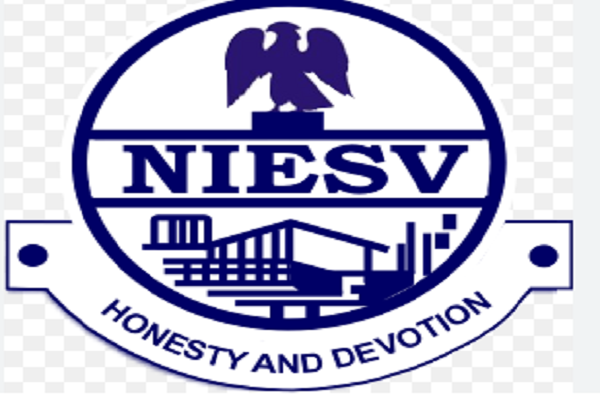The Lagos State branch of the Nigerian Institution of Estate Surveyors and Valuers (NIESV) has called for the establishment of a clear legal framework and supporting infrastructure before the implementation of the proposed monthly rent payment model for tenants in the state.
Chairman of the association, Gbenga Ismail, while addressing journalists, expressed support for the idea, describing it as a commendable initiative that mirrors market realities. However, he stressed the importance of first testing the policy within government-owned housing schemes before extending it to the private sector.
Ismail pointed out that while the current practice of multi-year rent payments is widespread due to existing corporate structures and business practices, the economic realities for many Nigerians have shifted, making yearly rent increasingly unsustainable.
He acknowledged that the Lagos State government’s intention appears to be centered on making housing more affordable and easing the financial strain on tenants. However, he warned that if implemented without a balanced legal and institutional framework, the model may end up favoring tenants exclusively and inadvertently discourage private property owners.
“For a policy like this to be effective, there needs to be confidence in the legal system, especially the speed and fairness of rent dispute resolutions. The judiciary must be adequately equipped to handle such matters promptly, as is common in more developed jurisdictions,” Ismail said.
 ,
,
He also reflected on past attempts to introduce similar reforms, such as during the tenure of former Governor Babatunde Fashola, which failed to take root, possibly due to funding limitations and lack of regulatory support. With more liquidity in the economy today, Ismail suggested, there’s a stronger case for revisiting the idea provided that necessary reforms accompany it.
However, he also warned of possible unintended consequences, such as reduced rental housing availability, if landlords view monthly rent payments as too risky or administratively burdensome.
Ismail further emphasized that broader issues affecting housing affordability such as expensive building materials, limited access to land, and high construction costs must be tackled holistically. He advocated for policies that make land accessible at marginal cost, promote the use of local materials, and provide developers with flexible financing options.
“Over 70% of finishing materials used in housing construction are imported,” he noted. “If a modest three-bedroom flat costs upwards of ₦15 million, where is the affordability for the average Nigerian?”
On the professional front, Ismail highlighted achievements during his tenure as NIESV Lagos Chairman, including efforts to induct more qualified professionals and expand access to Mandatory Professional Continuing Development (MPCD) programs. These efforts, he said, have enhanced the competence and confidence of practitioners in the state.




